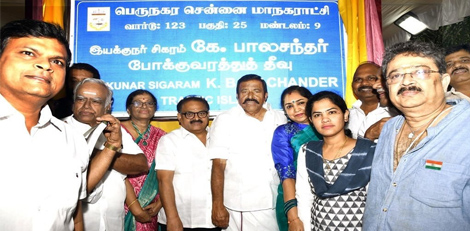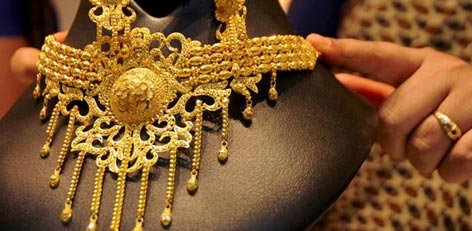STUDENTS MUST DEVELOP CRTIICAL THINKING IN THEM :DANIEL A KELIN
Posted on: 02/Oct/2010 12:57:13 AM

Daniel A. Kelin, Director of Education, Honolulu Theatre for Youths and National Teaching Artiste, John F. Kennedy Centre for Performing Arts, Washington DC., was in Dindigul ; He was training a group of students in drama in the everyday class room at Gandhigram Rural Institute at Gandhigram near here on Friday. Flexibility, adaptability, initiative, self-direction, social and cross cultural skills, creativity and innovative skills are essential skills for every individual to achieve in career and in life in the 21 {+s} {+t} century, according to Daniel A. Kelin.
Creativity was necessary for future education. Besides academic skills, they must also develop themselves as great thinkers. They should learn to trust their ideas, interpret information and creatively imagine new ideas. To compete in the highly competitive world, they must become good communicators, know how to work well with others and learn to take big risks without being afraid. If they could do this, students would become leaders of tomorrow, he said.
Drama would offer an effective methodology engaging students actively through enjoyable memorable and motivating experiences. Moreover, drama has diverse range of values in an educational setting.
It would be a viable but dynamic alternative for those who struggle in a traditional class room setting. Drama would also cultivate verbal and non-verbal communication skills and also nurturing imagination and innovating thinking skills.
It would increase students` level of interaction with content learning standards, Mr. Kelin promised.
Describing 21 {+s} {+t} century skills, the scholar said creativity and innovative skills that demonstrated originality and inventiveness in work, developing, implementing and communicating new ideas to others and being open and responsive to new and diverse perspective, were essential.
Similarly, critical thinking and problem solving skills exercising sound reasoning in understanding, making complex choices and decisions, framing, analysing and synthesising information to solve problems and communication and collaborative skills articulating thoughts and ideas clearly were also imperative to stay in the race in this century, the scholar pointed out.
Later, Mr. Kelin taught drama strategies, snap shots and pantomime � a movement-to-movement sequence created either spontaneously or through collaborative planning � narrative slide shows and guiding reflections.
The director was visiting various educational institutions in the country as a Fulbright-Nehru Senior Research Scholar in Education working with local schools on a project called �Animating mythological history: investigating a drama-based pedagogy.�







